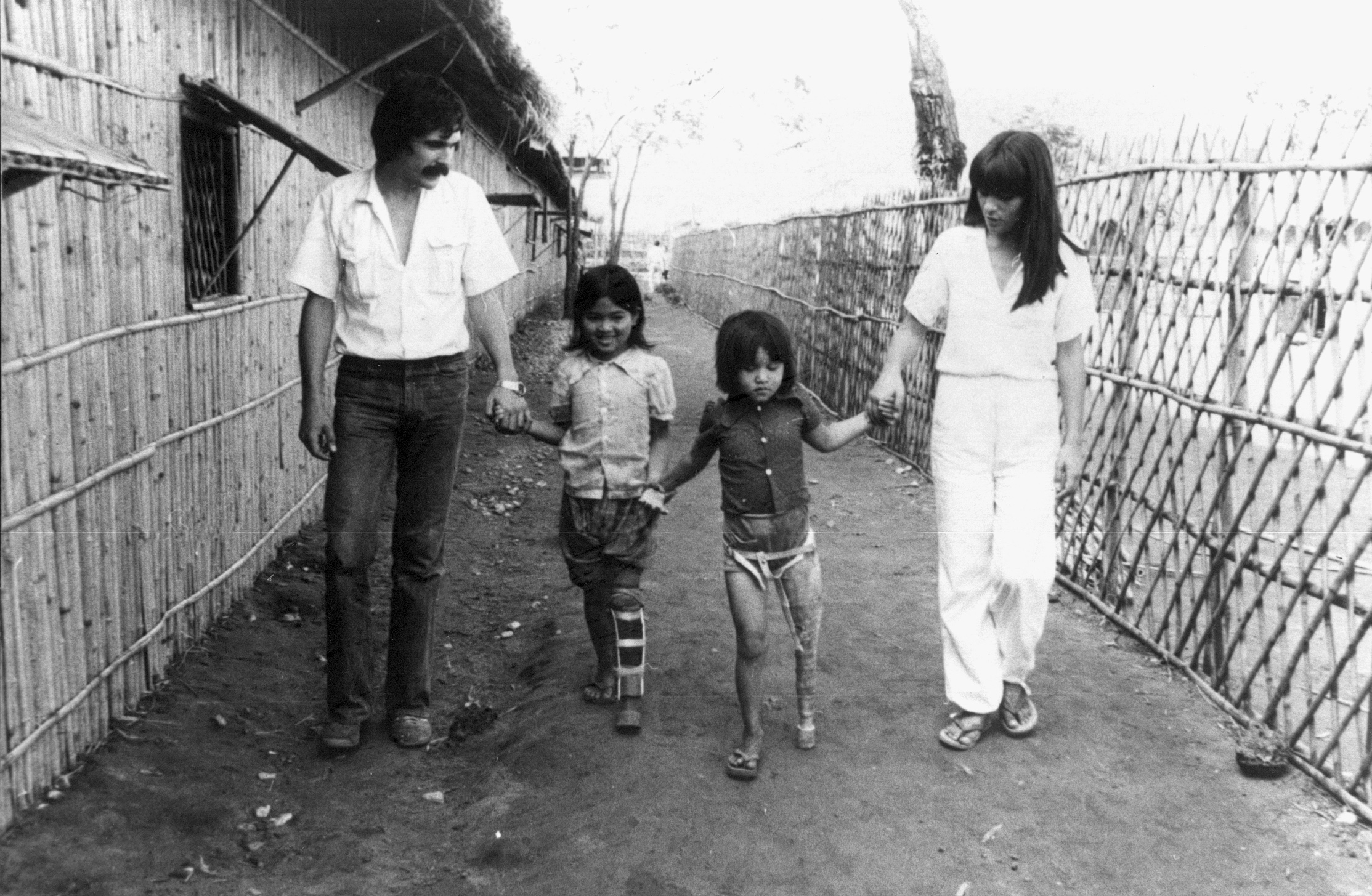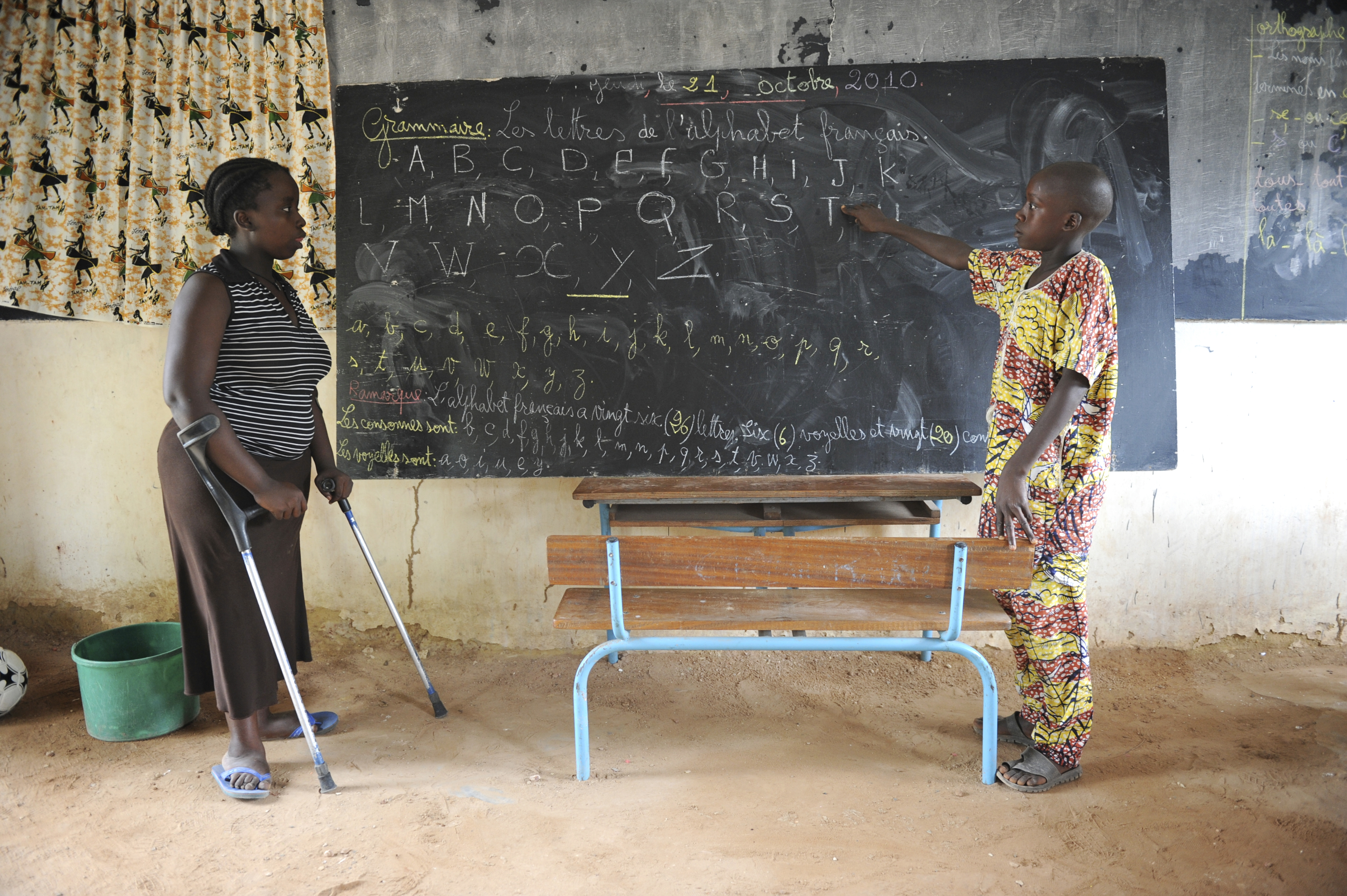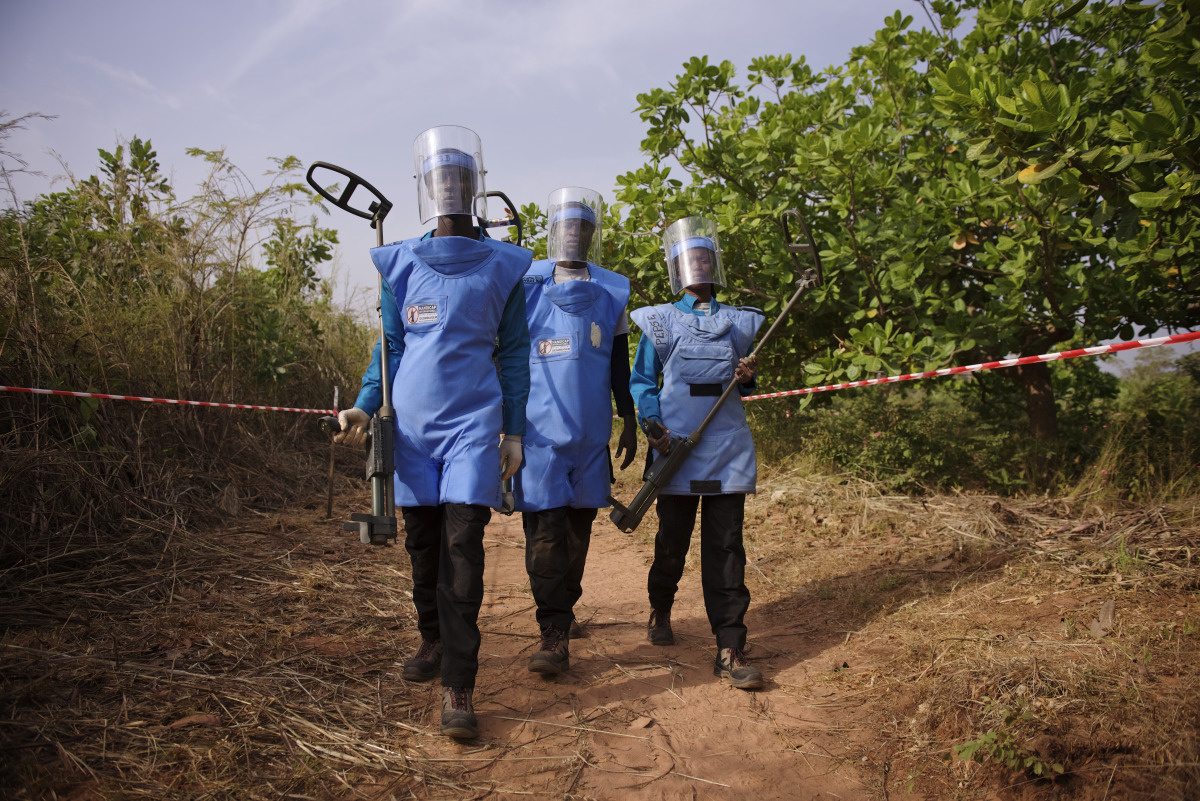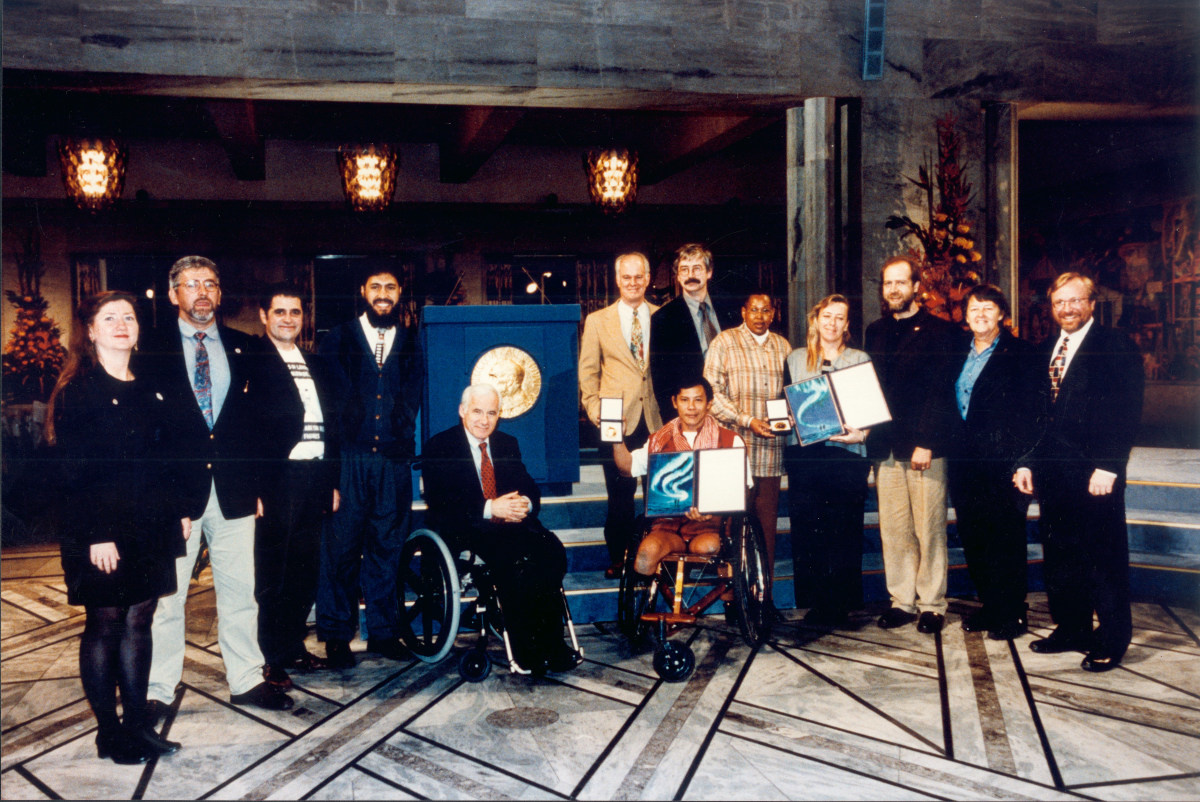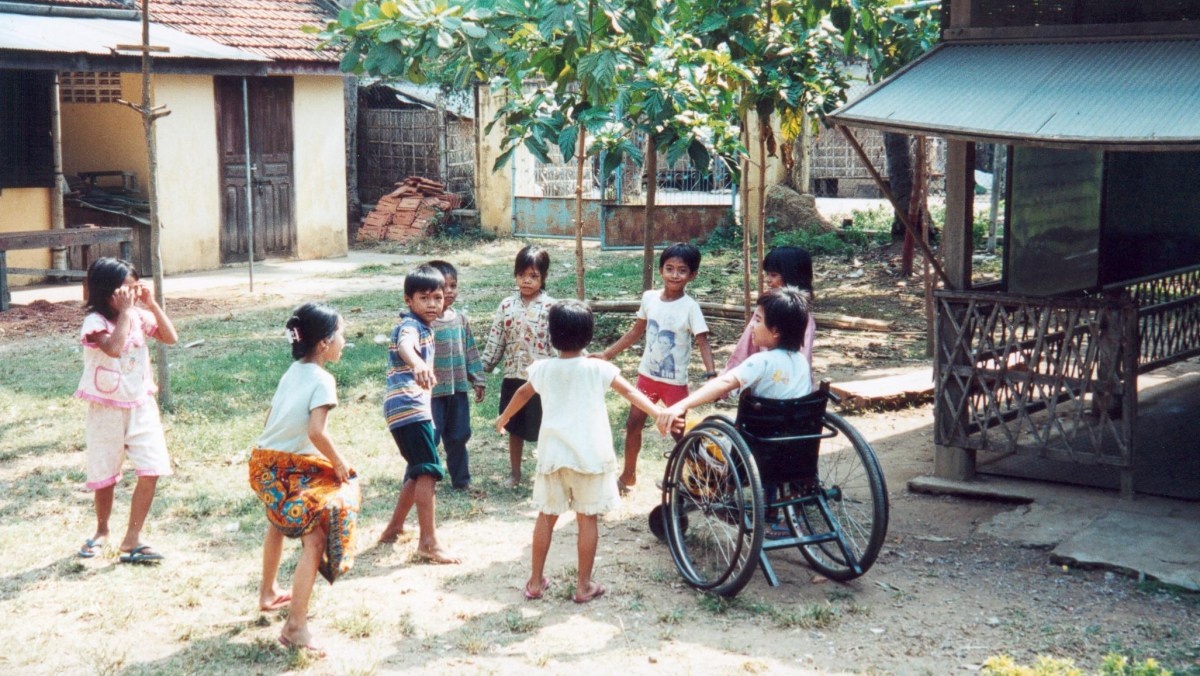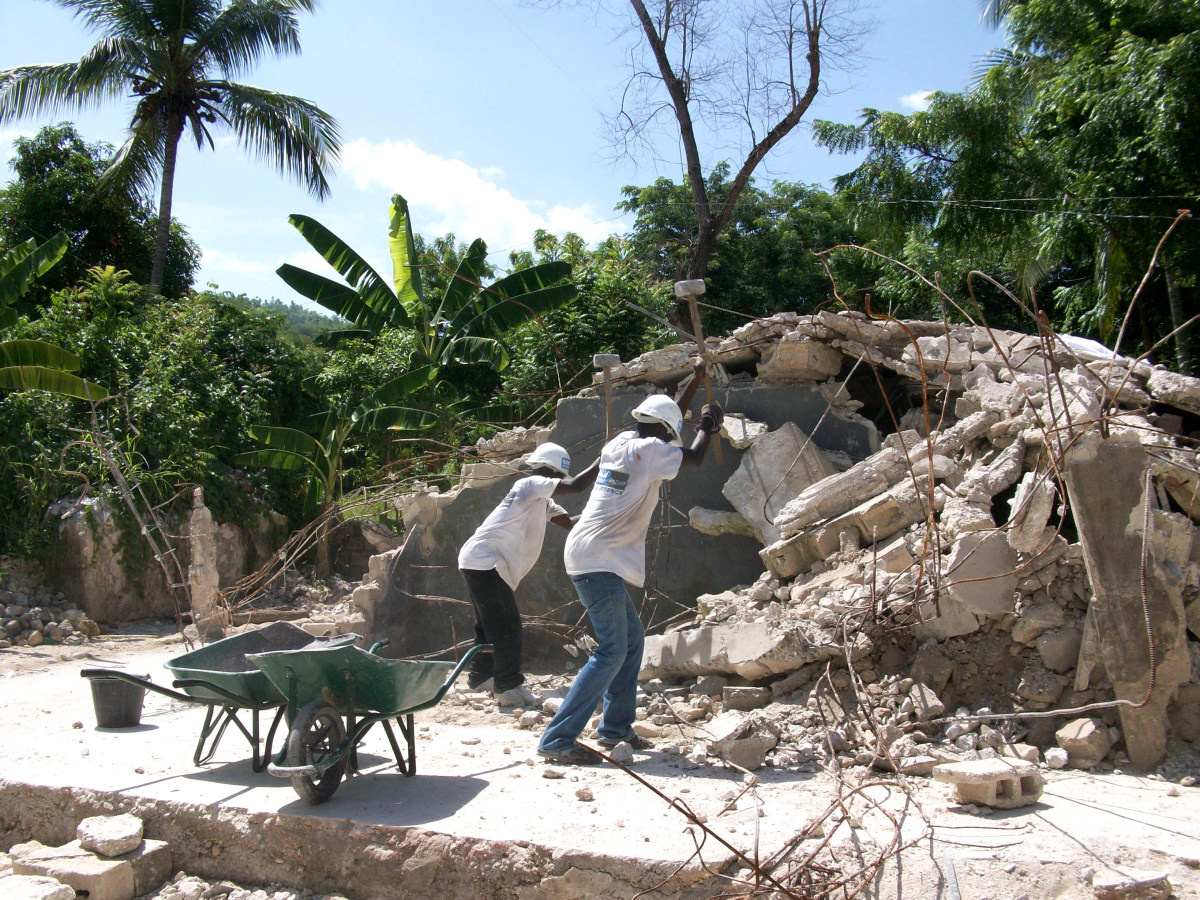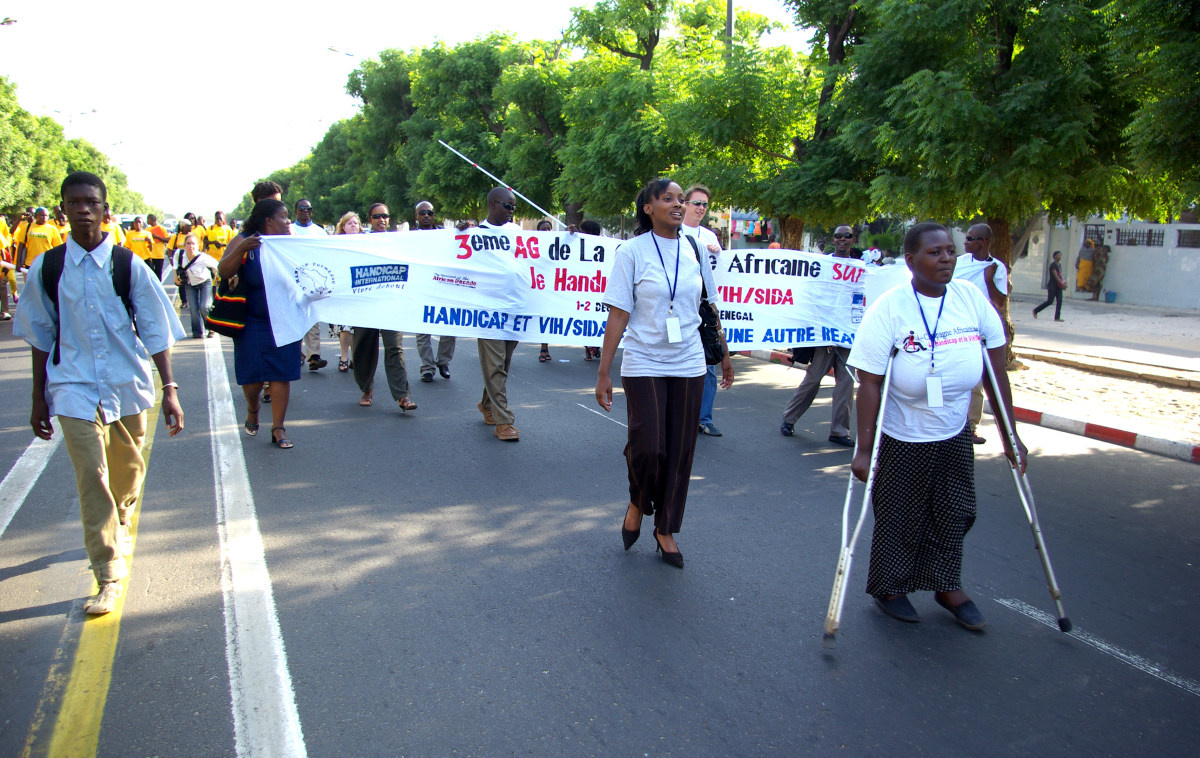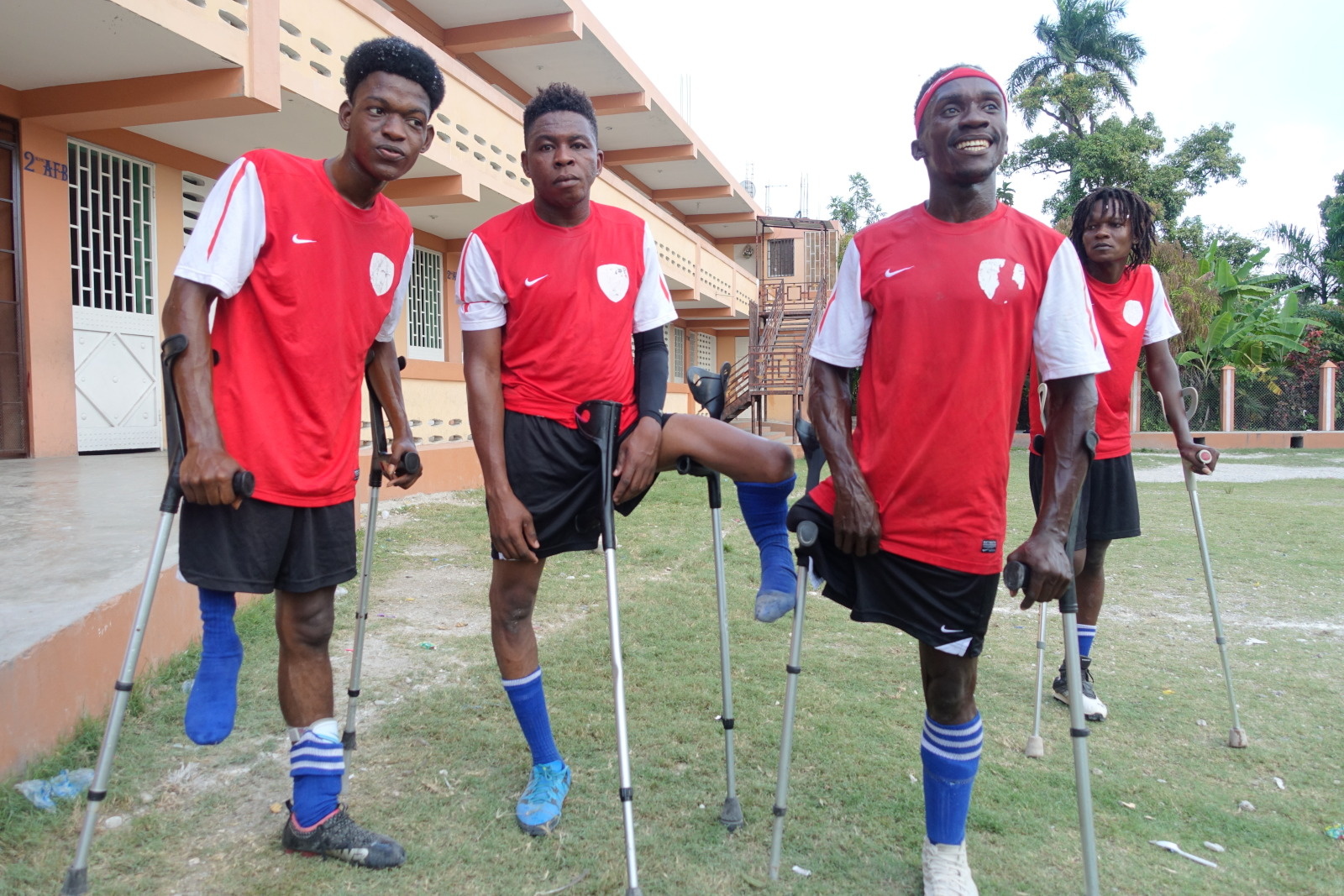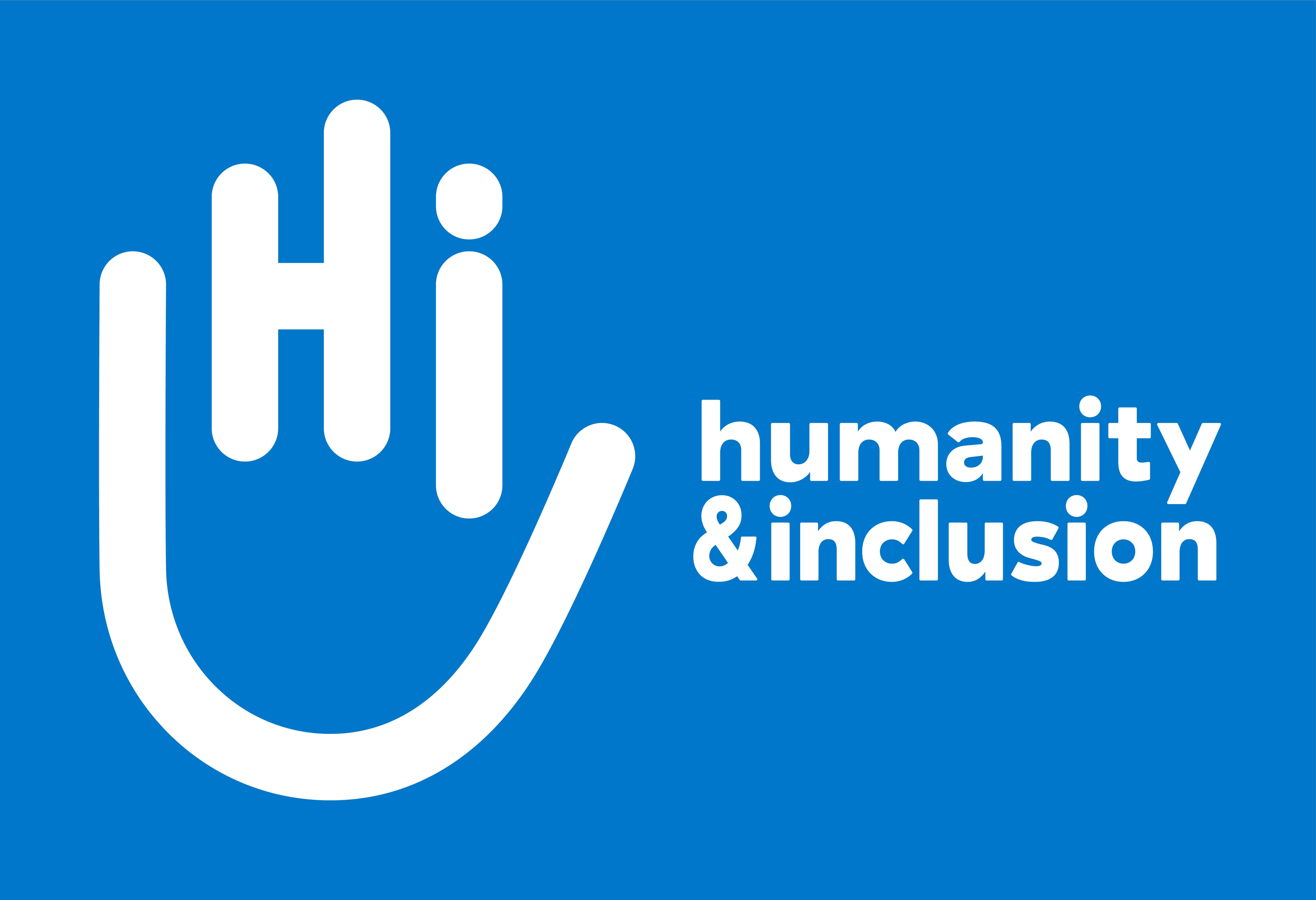Handicap International (Humanity & Inclusion) was founded in 1982 in Thailand by two French doctors who wanted to treat the injuries caused by anti-personnel mines to Cambodian people living in refugee camps.
The first orthopedic centers were set up in refugee camps in Thailand, Cambodia, Myanmar, and Laos. Simple equipment available locally was used, enabling Handicap International to provide immediate, effective, and practical assistance, as well as to train local teams who would continue the work.
HI's founders decided to create an organization to help them “stand on their own two feet” with appropriate artificial limbs. Over time, HI has evolved into an organization with a range of programs aimed at providing assistance and social support to the most vulnerable groups in situations of conflict and natural disaster, poverty, and exclusion.



